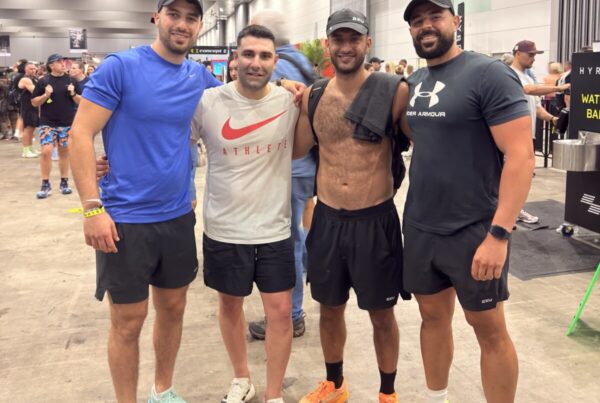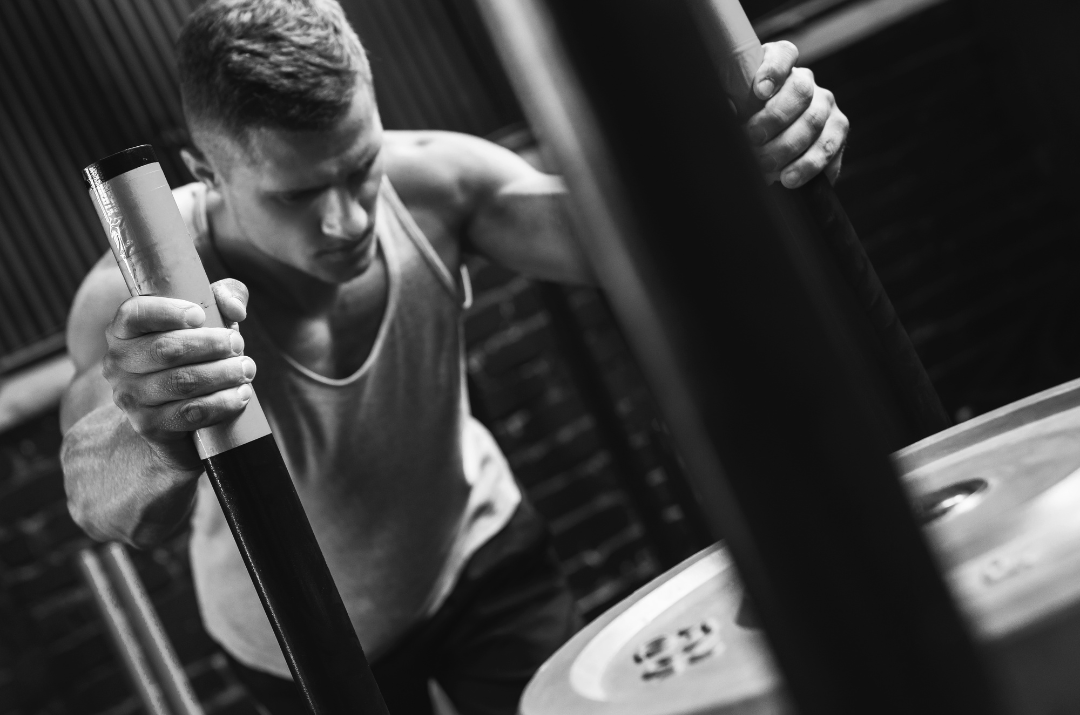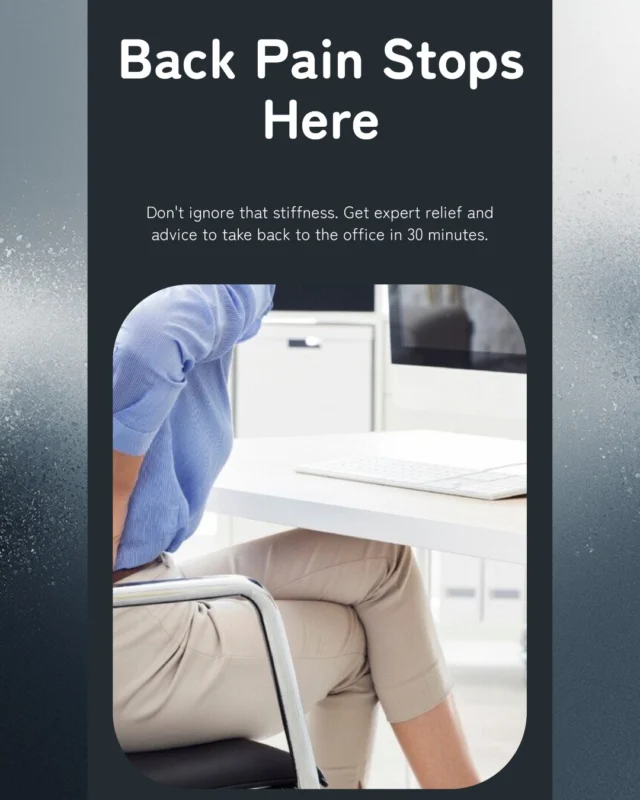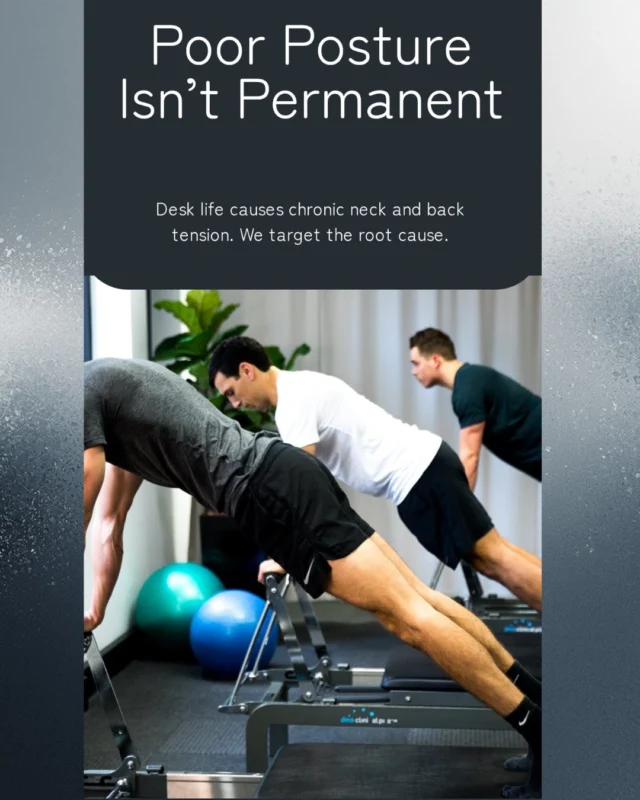Carpal Tunnel Syndrome (CTS) is a disorder that is caused by compression of the median nerve as it passes through the carpal tunnel at the wrist. The carpal tunnel refers to the space at the front of the wrist where the median nerve passes through along with the tendons that flex the fingers and thumb. CTS is the most common nerve entrapment with a prevalence of 3.8% in the general population. There are several risk factors associated with CTS including age, sex, diabetes, manual labour occupation and pregnancy. CTS can impact workplace function and productivity, quality of life and has significant socioeconomic burden.
The symptoms of Carpal Tunnel Syndrome are usually worse at night or first thing in the morning, and include:
- Numbness and/or pins and needles in the thumbs and first two fingers of the hand
- Aching in the same distribution and up into the forearm
- Weakened grip, in severe cases you may feel unable to hold things like a coffee cup safely
- Aggravation by daily activities using the wrist such as typing
Treatment guidelines endorsed by professional associations recommend trialling non-surgical interventions such as Physiotherapy, with surgery being the last resort. Non-surgical treatments include using splints, nerve and tendon gliding exercises and activity modification. These recommendations are largely based on clinical observations as there is limited research-based evidence to guide non-surgical treatments.
There has, however, been a recent randomised controlled clinical trial involving 128 participants recruited from surgery waitlists of participating public hospitals. Participants were allocated to either receive therapy (including education, provision of splints and a home exercise programme) or continue waiting for surgery with no other intervention. The initial reports of this trial were promising with the final results due to be published soon, so please watch this space for updates.
If you think you have carpal tunnel syndrome, please call us on (02) 92325566 or click here to schedule a consultation with one of our Bend + Mend Sports Physios in Sydney’s CBD.
References:





